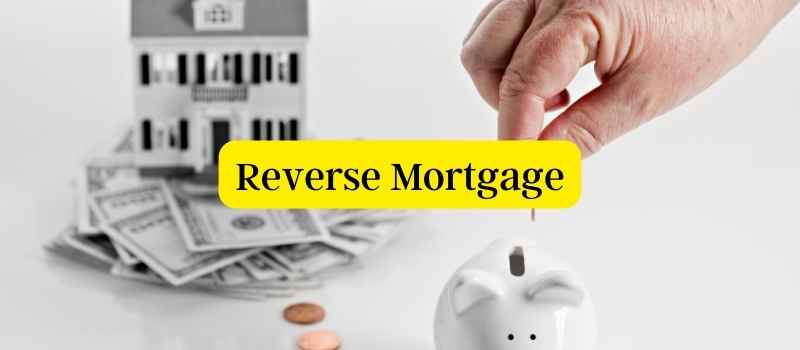Unlike a traditional mortgage where the homeowner makes monthly payments to the lender, a reverse mortgage allows homeowners to receive payments from the lender. This is usually offered as a monthly payment through an annuity or other financial programs. The loan is repaid when the homeowner no longer lives in the home as their primary residence or passes away.
The primary beneficiaries of a reverse mortgage are typically older homeowners who have significant equity in their homes and are seeking a source of income to support their retirement years. This financial option can be beneficial for individuals or couples who are looking to supplement their retirement funds, cover medical expenses, home repairs, or simply enhance their quality of life in retirement.
Key benefits of a reverse mortgage include:
Income Generation: It provides a steady stream of funds to homeowners, which can be helpful for those who have limited retirement savings and need additional income.
No Monthly Payments: Unlike traditional mortgages, reverse mortgages do not require monthly payments. The repayment is deferred until the homeowner sells the home, moves out, or passes away.
Homeownership Continuation: Reverse mortgages allow seniors to stay in their homes and maintain ownership, even though they are accessing the equity.
Flexible Payment Options: Homeowners can choose how they receive the funds, whether as a lump sum, monthly payments, a line of credit, or a combination of these options.
No Repayment During Occupancy: The loan is typically not due as long as the homeowner continues to live in the home as their primary residence.
Government-Insured Protection: Some reverse mortgages, like the Home Equity Conversion Mortgage (HECM) in the United States, are insured by the government, which provides certain protections for borrowers.
However, there are also potential drawbacks and considerations associated with reverse mortgages, including:
Accumulating Interest: The interest on the loan is added to the principal over time, potentially leading to a higher loan balance over the years.
Reduced Inheritance: The home's equity may decrease as the loan balance increases, which could impact the inheritance left to heirs.
Loan Costs: Reverse mortgages could have upfront fees, closing costs, and ongoing servicing fees.
Impact on Benefits: Depending on the amount received, a reverse mortgage might affect eligibility for certain government benefits. So check first before signing.
Home Value Fluctuations: If the home's value decreases, it could affect the homeowner's ability to refinance or sell the home in the future.
Loss of Home Ownership: If the homeowner moves out for an extended period or passes away, the loan must be repaid, potentially leading to the sale of the home. Also, as recently sited in The Villages in Florida, both owners passed away and the property is not being cared for. Responsibilities of care of the property should be addresses during this period.
A reverse mortgage can provide financial relief and security to eligible senior homeowners, enabling them to access their home's equity while remaining in the property. However, individuals considering a reverse mortgage should carefully weigh the benefits against the potential drawbacks and consult with financial advisors to make informed decisions based on their specific circumstances.
You can find more details and answers from The Federal Trade Commission Consumer Advise website on Reverse Mortgages Here.
This article is informational only and not mean as financial or legal advice and you should seek the help of a professional.









